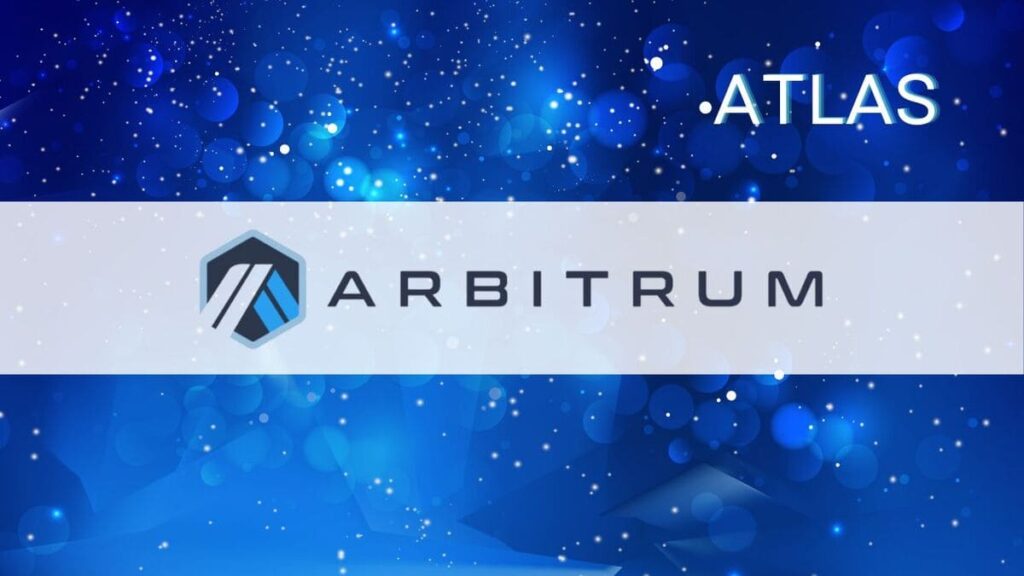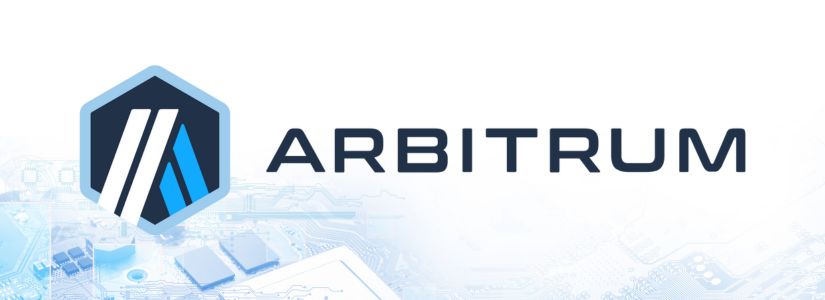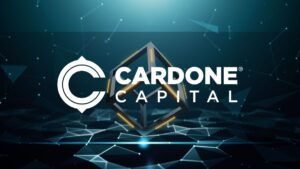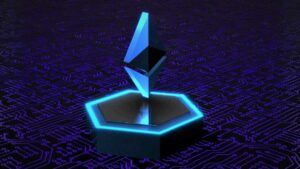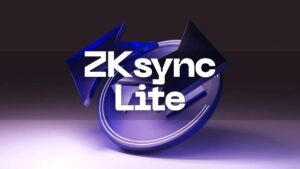TL;DR
- The Dencun upgrade introduces EIP-4844, promising to reduce transaction costs on Layer 2 chains.
- Offchain Labs implements EIP-4844 on Arbitrum with the ArbOS 20 “Atlas” update to reduce transaction costs on the network.
- The introduction of “blobs” on Arbitrum allows for improved data storage, making the platform more accessible and cost-effective for developers and DApp users.
The Ethereum update, known as Dencun, has brought about a series of significant changes in the blockchain ecosystem, and networks like Arbitrum seek to capitalize on it. One of the highlights of this upgrade is the implementation of EIP-4844, also known as proto-danksharding, which promises to drastically reduce transaction costs on Layer 2 chains.
One platform that has enthusiastically embraced this upgrade is Arbitrum. Offchain Labs, the developers of ARB, have released the ArbOS 20 update, dubbed “Atlas,” which includes the implementation of EIP-4844. This marks a significant step for Arbitrum and its user community, as the Atlas update is expected to drastically reduce transaction costs on the network.
The blobs have landed on Arbitrum! 💙
🐡 ArbOS 20 "Atlas" is now live, blobs are in effect, reducing data posting costs.
⛽ Additional execution gas fee reductions for Arbitrum One will go live on March 18.
More details below 👇https://t.co/amVT5EnQWE pic.twitter.com/pyS9AVORFF
— Arbitrum (💙,🧡) (@arbitrum) March 14, 2024
With the introduction of “blobs” on ARB, a significant reduction in transaction fees is expected. Blobs allow for a more economical way of storing data on the Ethereum blockchain, resulting in lower costs for users when conducting transactions on the network. This cost reduction is particularly significant for developers and users interacting with decentralized applications (DApps) on ARB, as it makes the platform more accessible and cost-effective.
Increased Adoption of Arbitrum is Expected
In addition to cost reduction, the ArbOS Atlas update also brings other features that will further drive efficiency and accessibility on the network. For example, the reduction of the “Layer 1 Surplus Fee” and the “Layer 2 Minimum Base Fee” is expected to further reduce costs associated with network usage.
The implementation of Dencun on ARB not only benefits current users of the platform but also opens up new opportunities and use cases. With lower transaction costs and increased network efficiency, we are likely to see a rise in the adoption of Arbitrum by developers and users looking to leverage the advantages of Ethereum blockchain technology without incurring prohibitive costs.
With a significant reduction in transaction costs and new features improving network efficiency, Arbitrum is positioned as a leading platform for the development and adoption of decentralized applications in the blockchain ecosystem.


